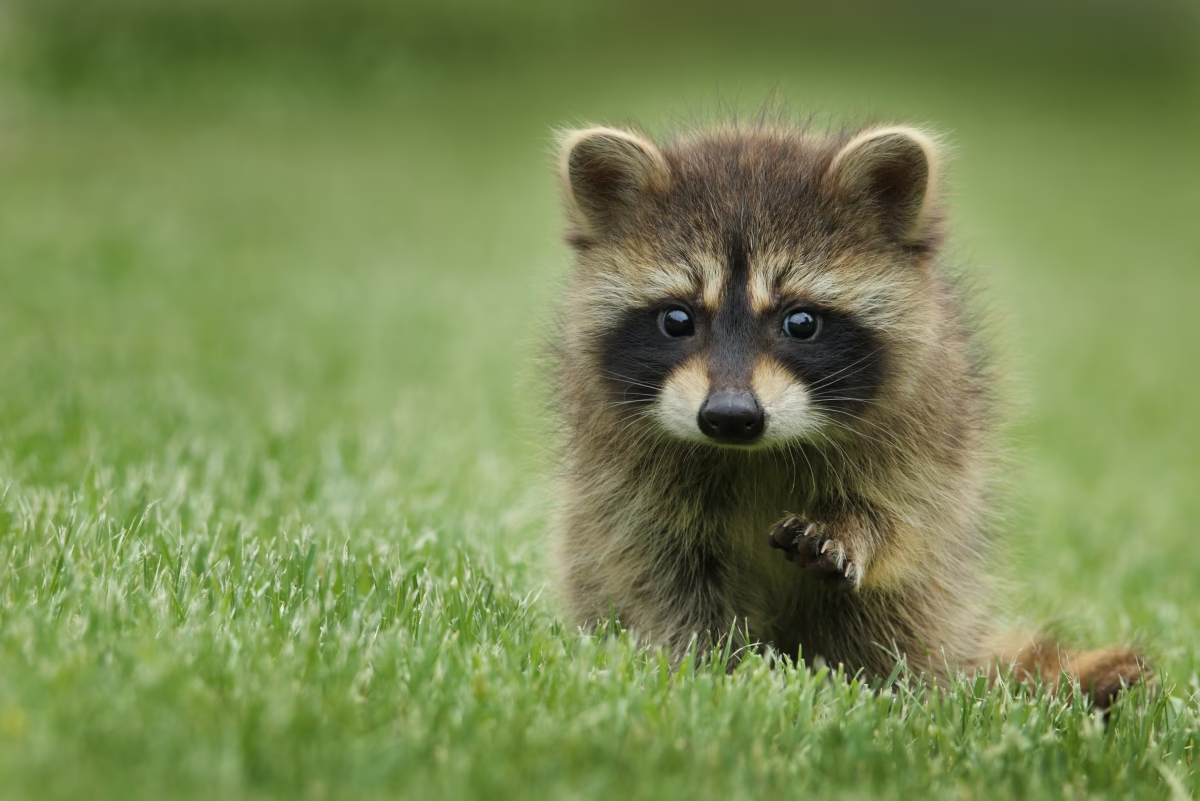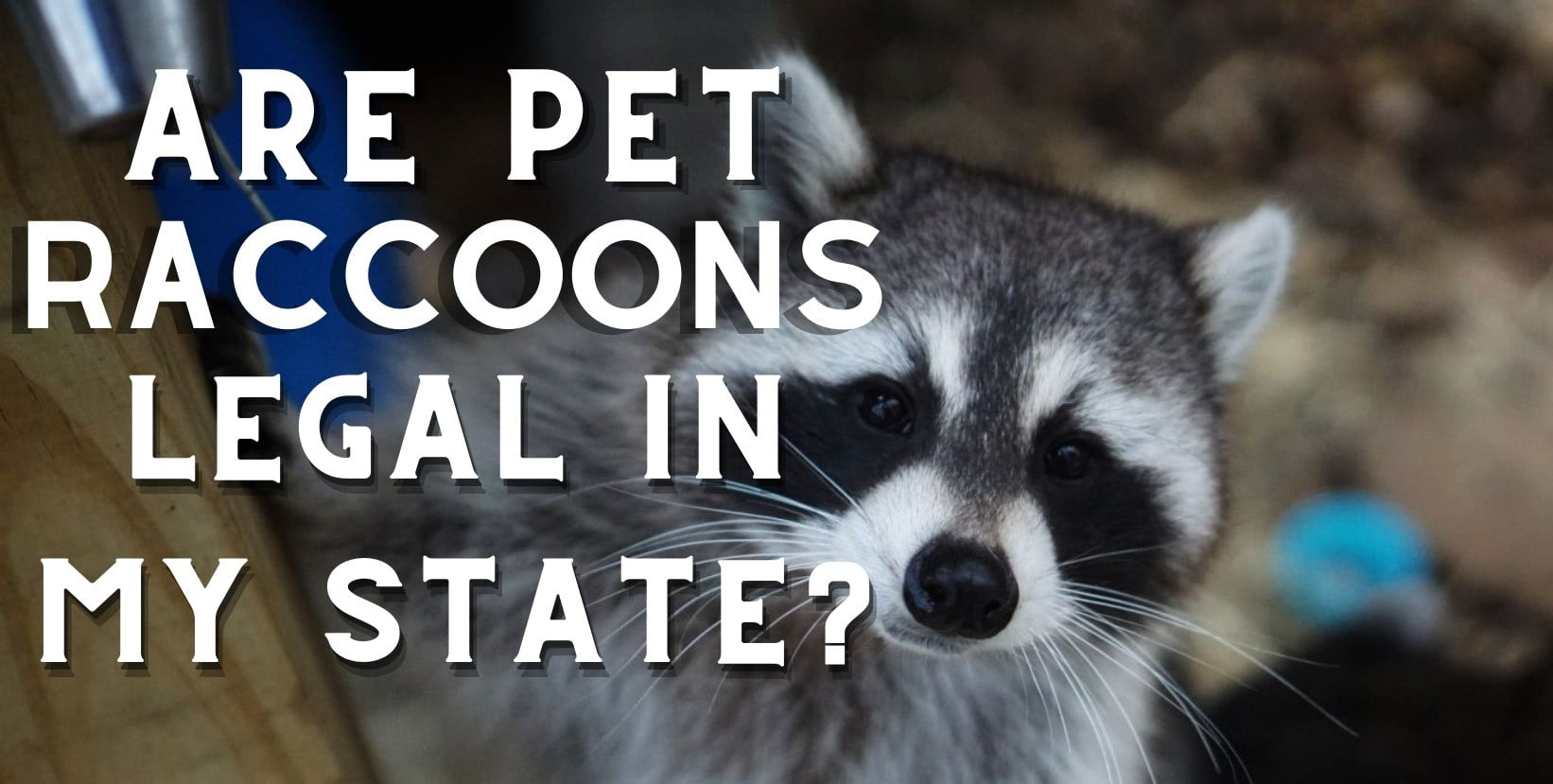Can You Own a Raccoon in Texas, Can You Own a Raccoon in Texas, Are you curious about the possibility of owning a raccoon in Texas? Here’s what you need to know: it is illegal to keep a raccoon as a pet in Texas. According to state law, this wild animal cannot be owned without special permits and training. The laws aim to keep both animals and humans safe by ensuring that creatures remain in their natural habitats or receive proper care from licensed professionals. Furthermore, possessing a raccoon can lead to legal consequences such as hefty fines or imprisonment.
Interestingly, raccoons play an essential role in preserving the ecosystem balance of forests and inhabit wetlands, so keeping them locked at home might prove detrimental to the environment.
According to Dallas Zoo’s director of communication and social media, Lydia Jennings, even if someone has a permit to own a raccoon, they are only allowed to rehabilitate the wildlife under supervision.
Fun Fact: Raccoons are excellent swimmers and can see very well even in low light conditions because of their unique eye structure!
You’re better off owning a pet rock in Texas than trying to wrangle a raccoon as a pet.
Laws and regulations regarding pet ownership in Texas
Pet ownership in Texas is subject to state laws and regulations that define permissible animals, breeding, and selling practices. Several cities may also have their own specific ordinances concerning pet ownership, primarily designed to promote people’s safety and animal welfare. Following local requirements is crucial because some states prohibit the possession of certain exotic species regardless of their owners’ opinions on the best way to care for such animals.
Texas residents can own a wide range of domesticated animals without needing any permits or licenses, including dogs, cats, horses, and cattle. Small non-venomous reptiles and birds kept as pets also do not require any type of license in most locations in the state. However, owning pet raccoons or skunks requires a permit from the Texas Parks & Wildlife Department.
It is important to note that regulations are constantly updated regarding pet ownership; hence one must seek authentication from the authorized departments before animal acquisition. According to reports, some Texans had assumed they could keep cougars adopted or deer as ranch pets merely by enclosing them with fences till authorities set records straight.
A Houston-based man named Theodore Rodriguez Jr reportedly acquired a 25-pound young tiger cub online which he subsequently raised indoors before it grew too big for him to take care of it—the incident ensuing in his arrest by law enforcement officers who took the big cat into custody.
Owning a raccoon in Texas: the only time you’ll have a pet that can simultaneously steal your heart and your trash.
Pros and cons of owning a raccoon in Texas
Owning a raccoon in Texas is a complex endeavor with both pros and cons. Here’s what to keep in mind if you’re thinking of keeping one as a pet.
Benefits:
- Raccoons are intelligent, social creatures that can make loyal companions.
- They have fascinating personalities and unique behaviors, which can make for an entertaining and educational experience.
Drawbacks:
- Raccoons require lots of attention, consistent training, and ample space in order to remain healthy and happy.
- Because they are wild animals at heart, they can be unpredictable, destructive, and potentially dangerous to those around them.
Expanding on the topic of owning a raccoon in Texas, it’s important to note that there are certain legal requirements one must meet before bringing home these furry critters. Additionally, raccoons may carry diseases that could pose health risks to both owners and other pets.
If you’re set on owning a raccoon in Texas, there are steps you can take to ensure a safe and enjoyable experience. One suggestion is to invest in proper training sessions with qualified professionals who specialize in raccoon behavior modification. Another suggestion is to create an enriching environment for your pet filled with toys, climbing structures, and interactive feeding puzzles. By following best practices for care and handling, you can provide your animal companion with the love and attention they deserve while mitigating potential risks.
You could always just settle for a regular old cat or dog, but where’s the danger and potential for destruction in that?
Alternatives to owning a raccoon in Texas
Texas Laws do not permit the ownership of raccoons as pets. Instead of owning a raccoon, there are several options to consider.
- Volunteer at an animal shelter to work with and care for raccoons
- Visit wildlife parks or sanctuaries that house raccoons in their natural habitat
- Adopt a domesticated cat or dog as they make excellent companions.
- Increase your knowledge about raccoons by reading books on wildlife or watching documentaries.
It is important to note that raccoons have sharp claws, carry diseases, and can be aggressive towards humans. Therefore, it is advisable to stay away from them in the wild and refrain from attempting to keep them as pets.
Pro Tip: Always remember that these animals belong in the wild and should never be brought into domestic environments irrespective of how friendly they may seem.
Owning a raccoon in Texas may be legal, but you’ll end up feeling like a bandit hiding from the law.
Texas Laws Do Not Allow Ownership of Raccoons
It is illegal to keep raccoons as pets in Texas. As per Texas Parks and Wildlife, only licensed individuals are allowed to care for sick or injured raccoons temporarily before releasing them back into the wild.
However, in certain cases, such as when a raccoon is kept for educational purposes by a licensed wildlife rehabilitator, it is allowed to be kept under strict regulations.
Interestingly, the possession of raccoons was once legal before the state’s health laws were established. However, these laws were put in place due to increased incidences of rabies and other diseases that could be transmitted from wild animals to humans.
Frequently Asked Questions
1. Can you legally own a raccoon in Texas?
Yes, it is legal to own a raccoon in Texas but you must obtain a permit from the Texas Parks and Wildlife Department.
2. How do I get a permit to own a raccoon in Texas?
You can apply for a permit online through the Texas Parks and Wildlife Department website or by filling out a paper application and mailing it in.
3. What are the requirements for owning a raccoon in Texas?
You must have a valid permit from the Texas Parks and Wildlife Department and your raccoon must be from a licensed breeder or rehabilitator. You cannot capture a raccoon from the wild to keep as a pet.
4. Do raccoons make good pets?
Raccoons are wild animals and may exhibit aggressive behavior. They also require specialized care and attention which can be difficult for the average pet owner. It is important to research and understand the needs of a raccoon before deciding to own one as a pet.
5. Are raccoons dangerous?
Raccoons can carry diseases and parasites that can be harmful to humans and pets. They may also become aggressive if they feel threatened or cornered.
6. What should I do if I find a raccoon in the wild?
The best course of action is to leave the raccoon alone and contact a licensed wildlife rehabilitator who can safely and appropriately handle the animal.


.jpg)
